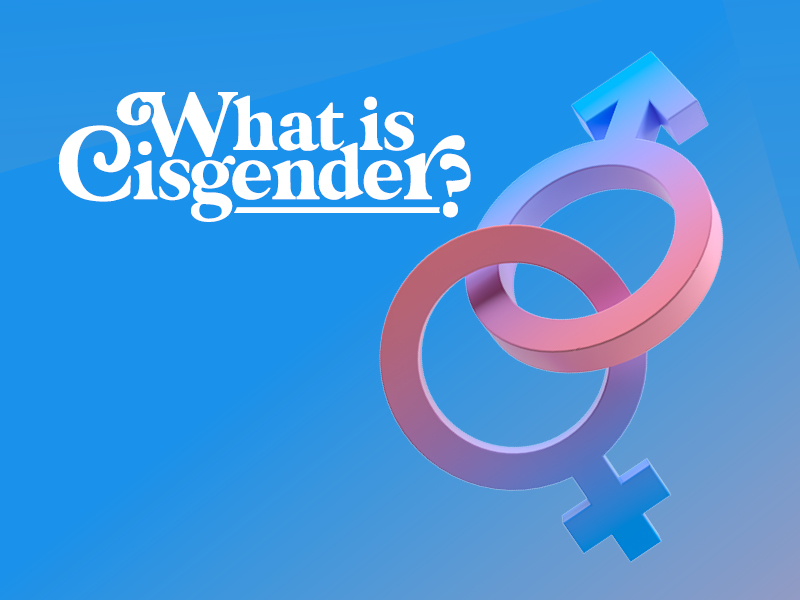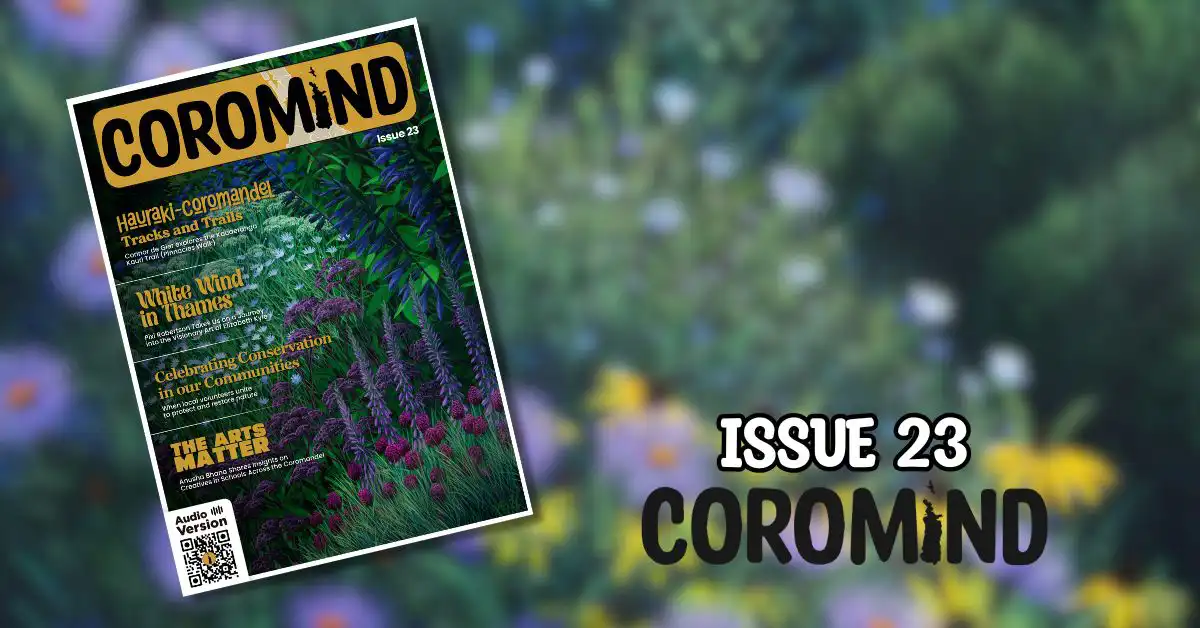
Cisgender – a term we are seeing more than ever as the internet becomes saturated with the ongoing gender debate. The term has become emotively weaponised as its original meaning is twisted through bias and misinformation.
So what does ‘cisgender’ actually mean and why are we seeing so much recoil from it?
Origin
‘Cisgender’ is relatively new in terms of the evolution of our language. Coined in 1994 by American biologist Dana Defosse, it’s just a word to accurately define an individual whose gender identity aligns with the sex they were assigned at birth.
An article penned by Defosse, released in February 2023, explains that the biologist was simply looking for an inclusive and scientifically-accurate way to classify non-transgender people. She used the term in a post to an internet forum, seeking feedback
on transphobia and inclusion at the University of Minnesota, where she was a graduate student at the time. Defosse took inspiration from the field of chemistry, where ‘cis-’ (Latin adjective) is a prefix used to describe molecular formation:
‘Cis-’ simply means ‘on this side’, with ‘trans-’ meaning ‘on the other side’.
The prefixes are already used in other fields of science and technology (e.g. transatlantic,) so Defosse thought it was a no-brainer to apply it to the discussion of gender identity too. She explains that her intention was nothing more than to come up with a neutral
antonym to ‘transgender’, so she could initiate discussion on the topic without othering the trans community. ‘Cisgender’ is now widely utilised in science and politics for its accuracy.
Misconceptions
There is discomfort for many people stemming from the misinformation that the term was conceived by controversial sexologist, Volkmar Sigusch, in 1991, where he used the term ‘zissexuell’ in private correspondence. Translating from German to English as ‘cissexual’, I can understand the misconception, with cissexual being a synonym for ‘cisgender’. Sigusch was controversial for his theories on paedophilia, as it was a common point of discussion for German sexologists, especially during the late 1960s to early 1980s. The important defining point here is that Defosse did not take inspiration from Sigusch and her intended definition of the word does not imply relation to Sigusch or the term ‘cissexual’.
There are also people who are feeling like ‘cisgender’ is being pushed on them as a label. This is a common perspective from people who struggle to understand the intended meaning or relevance of the word. The important thing to emphasise here is that the understanding of a definition should be universal, but applying the term to yourself can only ever be your own choice.
The only time it may not be your choice will be scientifically or legislatively, where there is necessity for precision in both cases. It is comparable to how transgender people may not feel that it’s necessary to state that they are trans in most aspects of their daily lives – they can if they wish to, but there is no requirement that they do so. It is only fair that the same idea applies to the use of ‘cisgender’ by non-trans individuals.
It’s interesting to note that the introduction of the term ‘heterosexual’ was also met with resistance and misunderstanding, derived from the Greek word ‘heteros’. Those opposing the term could not understand why it was necessary to even have an antonym
for ‘homosexual’, as they saw non-homosexuality as simply being the ‘norm’. They didn’t understand the need to classify the norm, especially in a way that levelled their perceived norm with what they saw as being the opposite of such. Wider acceptance
of the term has since increased internationally, particularly with each new generation growing up with clearer understandings of such terms and their applications in life. I have hope that the case will be the same with ‘cisgender’.
So, what is the real harm in expanding our language if doing so enables medical/scientific and political accuracy? Although the word seems to be associated with negative derogatory connotations, the factual intended meaning is neutral and makes logical and scientific sense. As a cisgender member of the LGBTQIA+ community, I look forward to a wider acceptance of the term as our understanding of sex and gender expands.
Words by
Avril Mita






